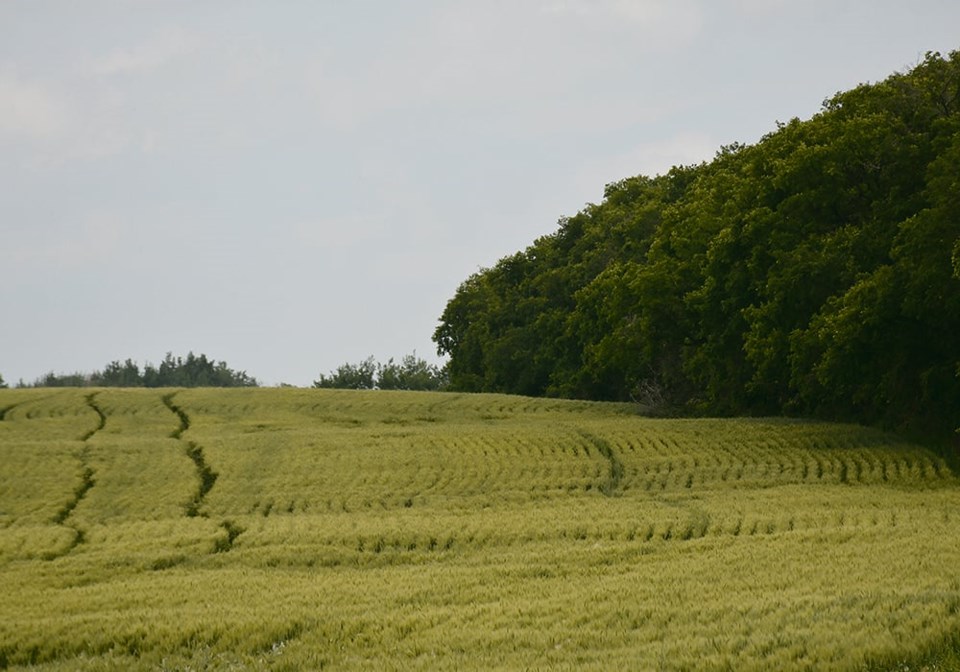The increase in farmland value in Canada has been spectacular. The value per acre has skyrocketed by 334 percent since 2001, but most of the increases have occurred within the last few years.
Since 2016, the increase has been 213 percent. According to Statistics Canada, the average acre in Canada is now worth almost $3,800, compared to $862 back in 2001.
The value of an acre of farmland in Saskatchewan has increased by 391 percent since 2001, the highest in the country. The highest increase since 2016 is in Manitoba, by 266 percent. Depending on what is produced, some farmland valuations have increased more than others because of various factors such as location, soil quality and potential revenues.
The Atlantic region, though, is not seeing much change compared with other regions. Increases in New Brunswick, Nova Scotia and Prince Edward Island have been more modest.
Farming in the Atlantic region remains affordable compared to other provinces because farming is not as profitable and options to market are limited for many farmers. With lower value increases, building capacity when land is barely worth more year after year is more challenging.
In contrast, since 2016, the average farm real estate value in the United States has increased by 27 percent, according to the latest report from the U.S. Department of Agriculture. But an acre of farmland on average in the U.S. is now worth about US$3,800, so Canada has somewhat caught up to the U.S. in recent years.
Farmland values are being pushed higher in Canada by a series of economic forces. They include high prices for commodity crops, a robust housing market, an extended period in which interest rates were extremely low until recently, and a profusion of government subsidies supporting certain sectors. Compensation, which exceeded $5 billion, linked to trade agreements and given to supply-managed sectors like dairy, poultry and eggs, has overcapitalized many farm operations, compelling many to buy land. That’s a problem few are talking about.
While farmland in Canada is getting more expensive, farmers are making more money. In 2021, cash receipts exceeded C$83 billion, a record, and 2022 is likely to be another record year.
As a result, more farmers are renting land instead of owning. Close to 50 percent of farmers in Canada are doing so. Some may see this as a threat to normal ways of producing food and supporting agriculture, but it’s not necessarily a terrible strategy.
In fact, the largest farmland owner in the country is not even a farmer. Alberta’s own Robert Andjelic has bought more than 225,500 acres of land, a portfolio worth somewhere between $500 and $700 million. At the root of this investor’s move into agriculture is the will to produce more food and address our global food security crunch.
Along with his capital, his team brought knowledge of sound soil management practices, helping more than 250 farmer-tenants to benefit from such expertise. Andjelic’s job is to make sure his tenants make money. Otherwise, he’s not getting paid. It is as simple as that. This new way of thinking can make Canadian agriculture more profitable.
Canada’s agri-food potential is immense, and farmland has always been a good investment. A growing number of groups and investors who understand how to make capital work are making a difference. The intent of investors from outside the agriculture sector is to make our agriculture stronger.
Sylvain Charlebois is senior director of the agri-food analytics lab and a professor in food distribution and policy at Dalhousie University. This article first appeared on the Troy Media website. It has been edited for length.



